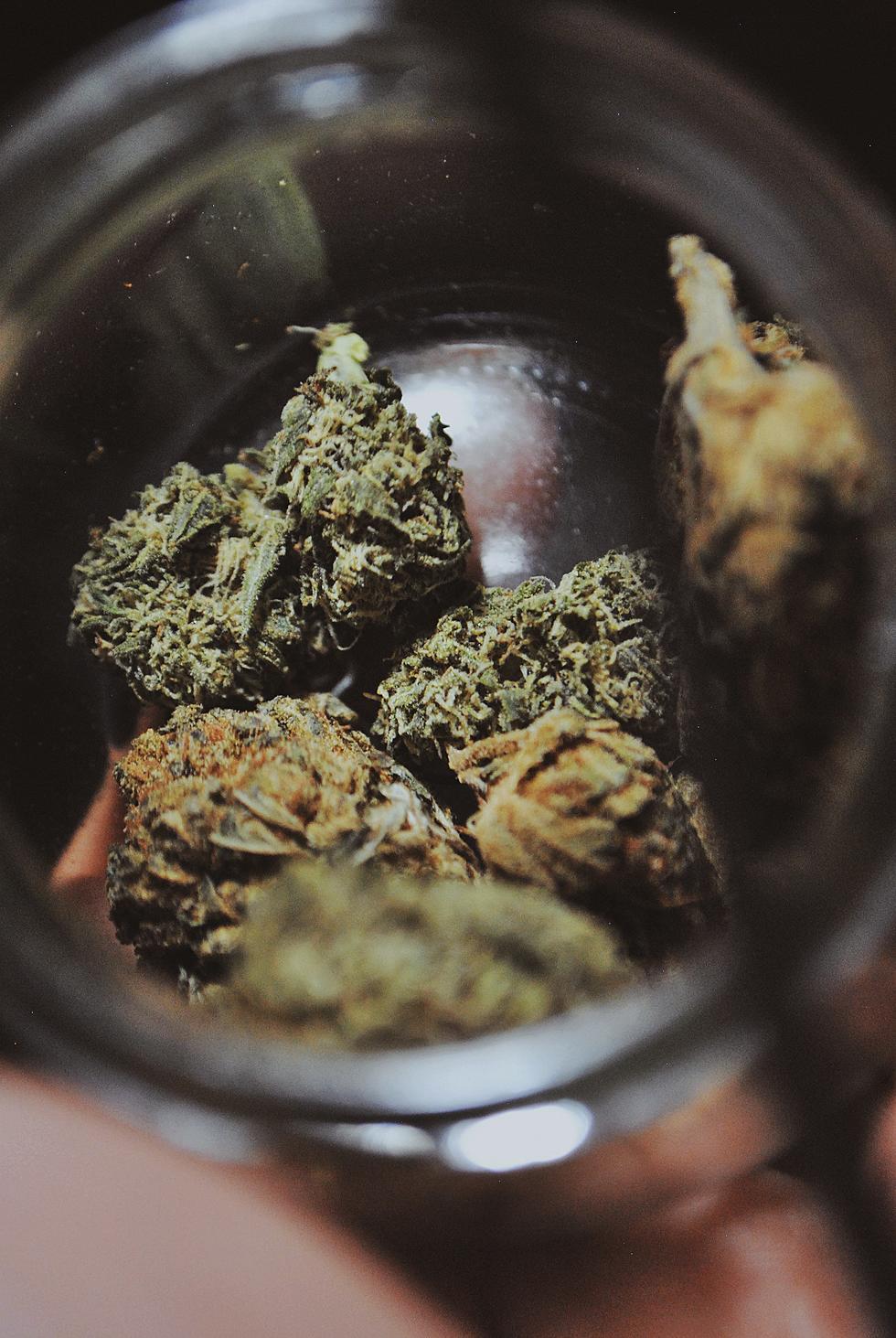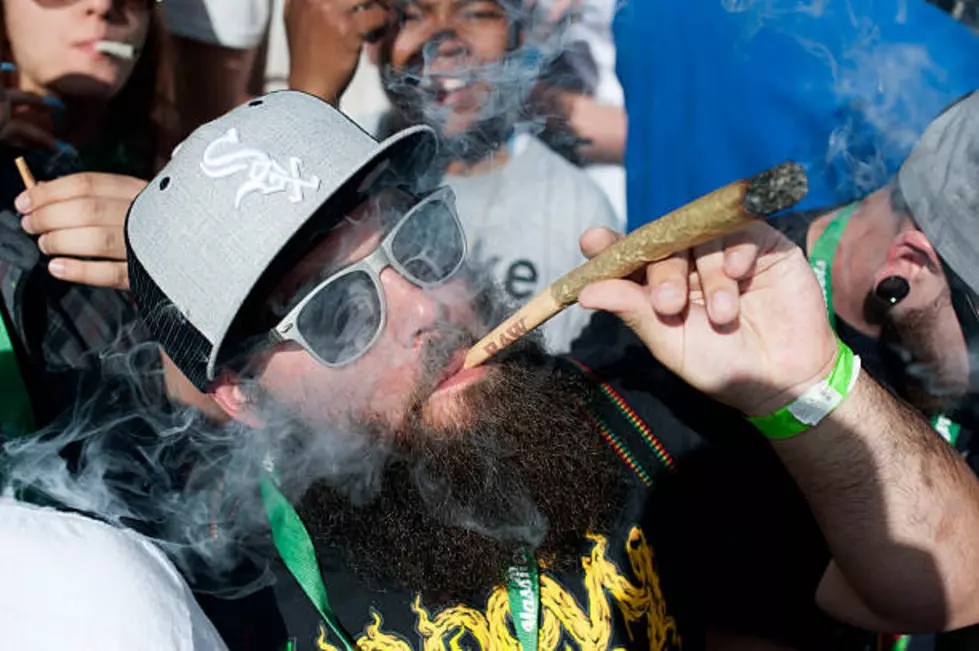
Differences in Recreational Pot Laws in Colorado and Washington
David McNew/Getty Images
Colorado got a little bit of a head start on Washington as far as the legal marijuana trade goes, but now that that the Great Northwest has joined Colorado as the only two states in the nation that allow weed to be used recreationally it had me wondering if the laws were the same.
Turns out most of the ideas and regulations are the same in the two states, but as our friends at USA Today pointed out, there are seven major differences in the laws within Colorado and Washington...
- Colorado permits residents to grow a small number of plants for their personal use. Washington requires all marijuana to be grown by licensed farmers. In Colorado, it's legal to give away pot if you have extra. Washington requires all recreational marijuana to come from a store.
- Washington set a cap of 334 recreational marijuana stores statewide, distributed by population, although not that many will open because cities and towns can bar them. Colorado has no cap on the number of stores - about 200 are licensed now -- but some cities and towns have barred them from opening.
- Colorado built its recreational marijuana system atop a closely regulated medical marijuana system but has allowed the market to largely decide where stores can open. Washington's medical marijuana system is less regulated, but it's launching retail sales far more cautiously. Colorado, for example, gave medical marijuana stores the first crack at opening recreational stores, while Washington required everyone to start from the same point.
- Colorado allows licensed operators to grow, process and sell marijuana to consumers. Washington separates producers and growers from retailers, banning vertical integration.
- Colorado and Washington allow buyers to possess up to an ounce of marijuana at any time, but Colorado limits non-residents to buying a quarter-ounce at a time. Washington doesn't make a distinction between resident and non-resident sales.
- Washington initially limits overall marijuana growing to 2 million square feet, while Colorado doesn't limit how much private space can be dedicated to growing operations. Washington's limit effectively caps the amount of marijuana that can be grown and sold, while Colorado has chosen to let the free market decide.
- Washington requires quality-testing for all marijuana -- including edible products -- on the first day of sales. Colorado's sales began without mandatory testing, although those requirements are now in place.
More From K99









